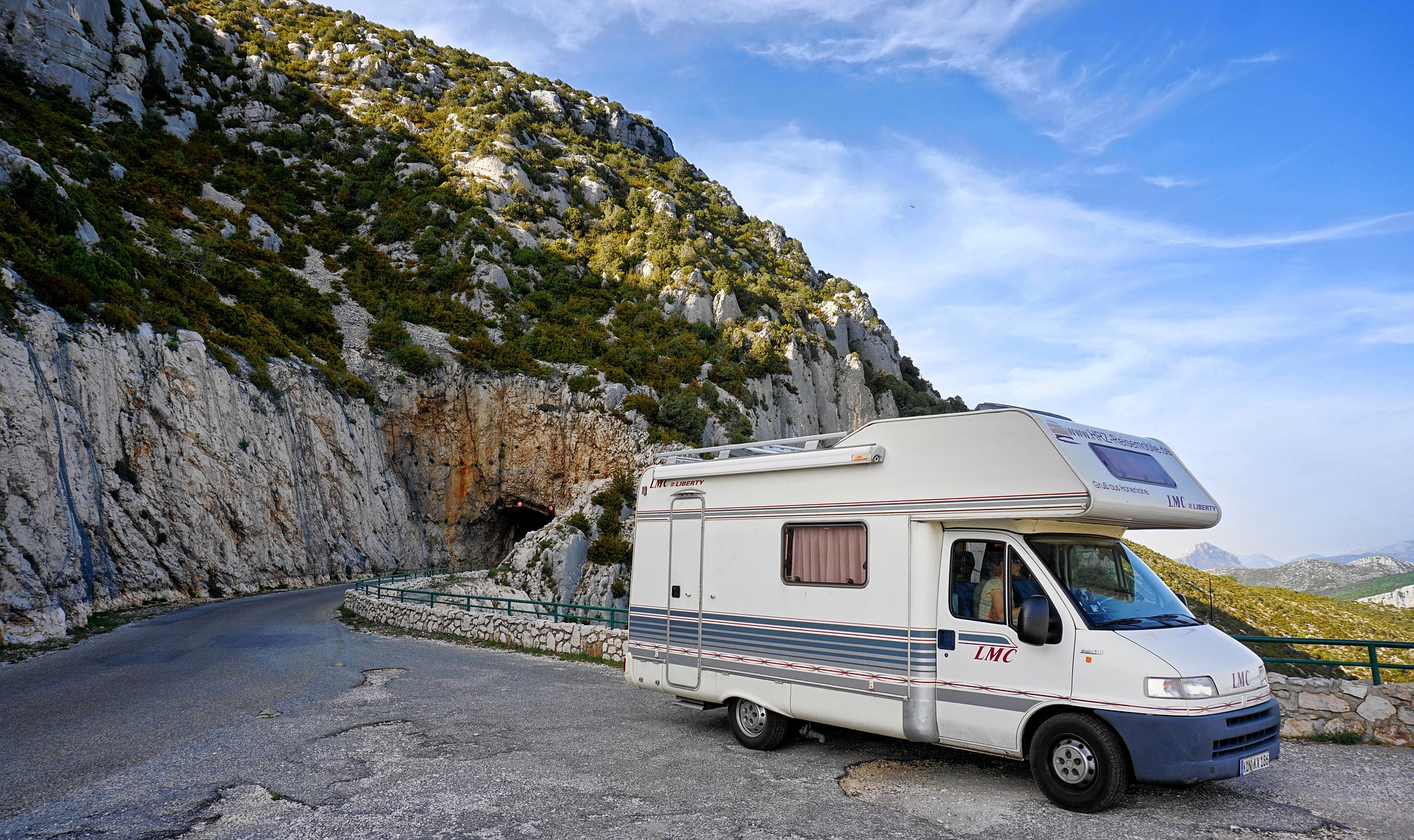Advantages of Purchasing a Used RV: Value, Options, and Freedom
Used RVs often cost less than new models while still providing essential features for road trips. Buyers can find a range of layouts and price points, with depreciation already accounted for, making them a practical choice for family adventures. Read to learn more about the advantages of a used RV.

Financial Advantages of Choosing a Used RV
One of the most persuasive arguments for purchasing a used RV involves the significant cost savings compared to buying new. Like automobiles, recreational vehicles experience substantial depreciation in the first few years of ownership. A new RV can lose 20-30% of its value the moment it leaves the dealership, with depreciation continuing at about 5-10% annually for the next several years. By purchasing a pre-owned model that’s 3-5 years old, buyers can avoid absorbing this initial depreciation hit while still acquiring a relatively modern vehicle with many years of service remaining. This financial advantage allows buyers to either purchase a higher-tier model than they could afford new or maintain their budget while keeping more funds available for actual travel experiences.
Greater Selection and Availability in the Used Market
The pre-owned RV market offers considerably more variety than what’s available in new inventory. When shopping used, buyers can access discontinued floor plans, unique customizations from previous owners, and vintage models with classic designs no longer in production. This expanded selection increases the likelihood of finding an RV that perfectly matches specific needs and preferences. Additionally, the used market often includes rare models or specialized configurations that may be difficult or impossible to find in current production lines. For buyers with particular requirements—whether related to layout, storage capacity, or specialized features—the diversity of the used market provides more opportunities to find exactly what they’re looking for.
Reduced Insurance and Registration Costs
Another financial benefit of purchasing a used RV extends beyond the initial price tag. Insurance premiums and annual registration fees are typically calculated based on the vehicle’s value, meaning used RVs generally cost less to insure and register than new models. This ongoing savings contributes to a lower total cost of ownership throughout the years of RV enjoyment. In many states, older RVs may also qualify for classic or antique vehicle designations after reaching a certain age, potentially leading to further insurance discounts. These reduced recurring costs allow owners to allocate more of their budget toward actual travel experiences rather than overhead expenses.
Already Upgraded and Problem Areas Addressed
Used RVs often come with valuable upgrades and modifications already installed. Previous owners frequently invest in improvements like solar panels, upgraded appliances, entertainment systems, or storage solutions—enhancements that new buyers receive without paying the full retail price for parts and installation. Additionally, any common manufacturer issues or design flaws have likely been identified and addressed in used models, particularly those that have been well-maintained. Online RV communities and forums make it easy to research common issues with specific makes and models, allowing buyers to verify whether these concerns have been resolved in a potential purchase. This “debugged” nature of used RVs can provide greater peace of mind than dealing with the unknown quality control of a brand-new model.
Lower Environmental Impact Through Reuse
Purchasing a used RV represents a more environmentally conscious choice compared to buying new. The manufacturing process for large recreational vehicles requires significant resources and energy, creating a substantial environmental footprint. By extending the useful life of an existing RV through purchase and continued maintenance, buyers reduce demand for new production and keep serviceable vehicles from premature disposal. Many environmentally conscious travelers appreciate this aspect of used RV ownership, as it aligns their passion for outdoor adventures with sustainable consumption practices. The environmental benefits become especially meaningful for those who enjoy nature-focused travels and want their mode of transportation to reflect their values.
Price Comparison of New vs. Used RV Options
When considering the financial implications of buying new versus used, the differences become particularly striking when examining specific models. The table below illustrates the typical price differences across various RV categories, highlighting the potential savings available in the pre-owned market.
| RV Type | Average New Price | Average 3-5 Year Used Price | Typical Savings |
|---|---|---|---|
| Class A Motorhome | $100,000 - $500,000+ | $60,000 - $300,000 | 30-40% |
| Class C Motorhome | $60,000 - $150,000 | $35,000 - $90,000 | 35-45% |
| Class B/Camper Van | $80,000 - $200,000 | $50,000 - $130,000 | 30-40% |
| Fifth-Wheel Trailer | $40,000 - $150,000 | $25,000 - $90,000 | 35-45% |
| Travel Trailer | $20,000 - $80,000 | $12,000 - $50,000 | 35-45% |
| Pop-up Camper | $10,000 - $30,000 | $5,000 - $18,000 | 40-50% |
Prices, rates, or cost estimates mentioned in this article are based on the latest available information but may change over time. Independent research is advised before making financial decisions.
Making an Informed Used RV Purchase
The advantages of purchasing a used RV extend far beyond simple cost savings, encompassing benefits like greater selection, reduced recurring expenses, pre-installed upgrades, and environmental considerations. While new RVs certainly have their appeal, the pragmatic benefits of the pre-owned market make it worth serious consideration for most recreational vehicle shoppers. With proper inspection, maintenance history verification, and an understanding of typical RV lifespans, buyers can confidently navigate the used market to find vehicles that offer exceptional value and many years of reliable service. By weighing these advantages against individual priorities and needs, prospective RV owners can make informed decisions that maximize both their investment and their future travel enjoyment.




